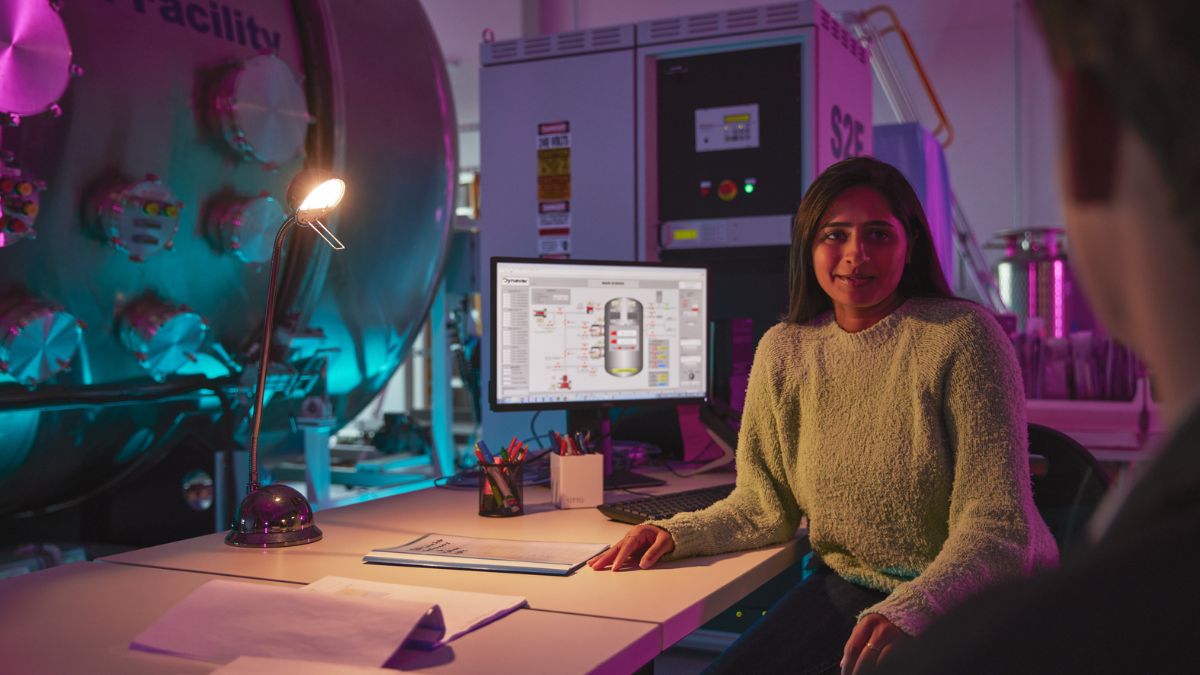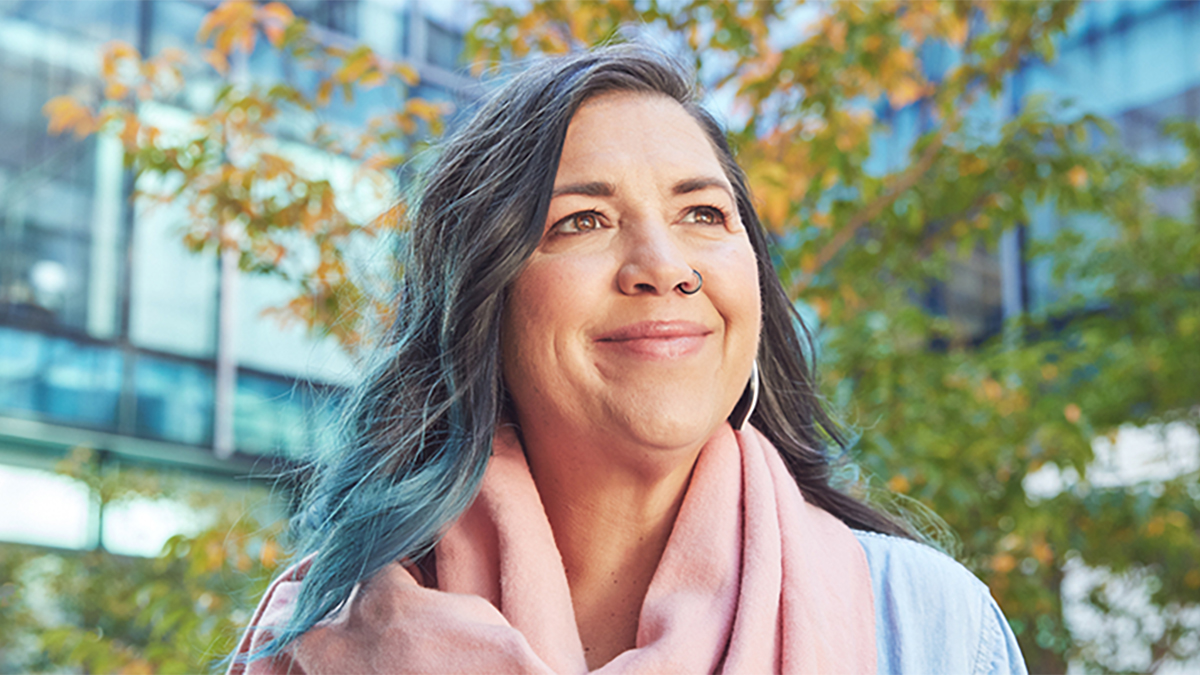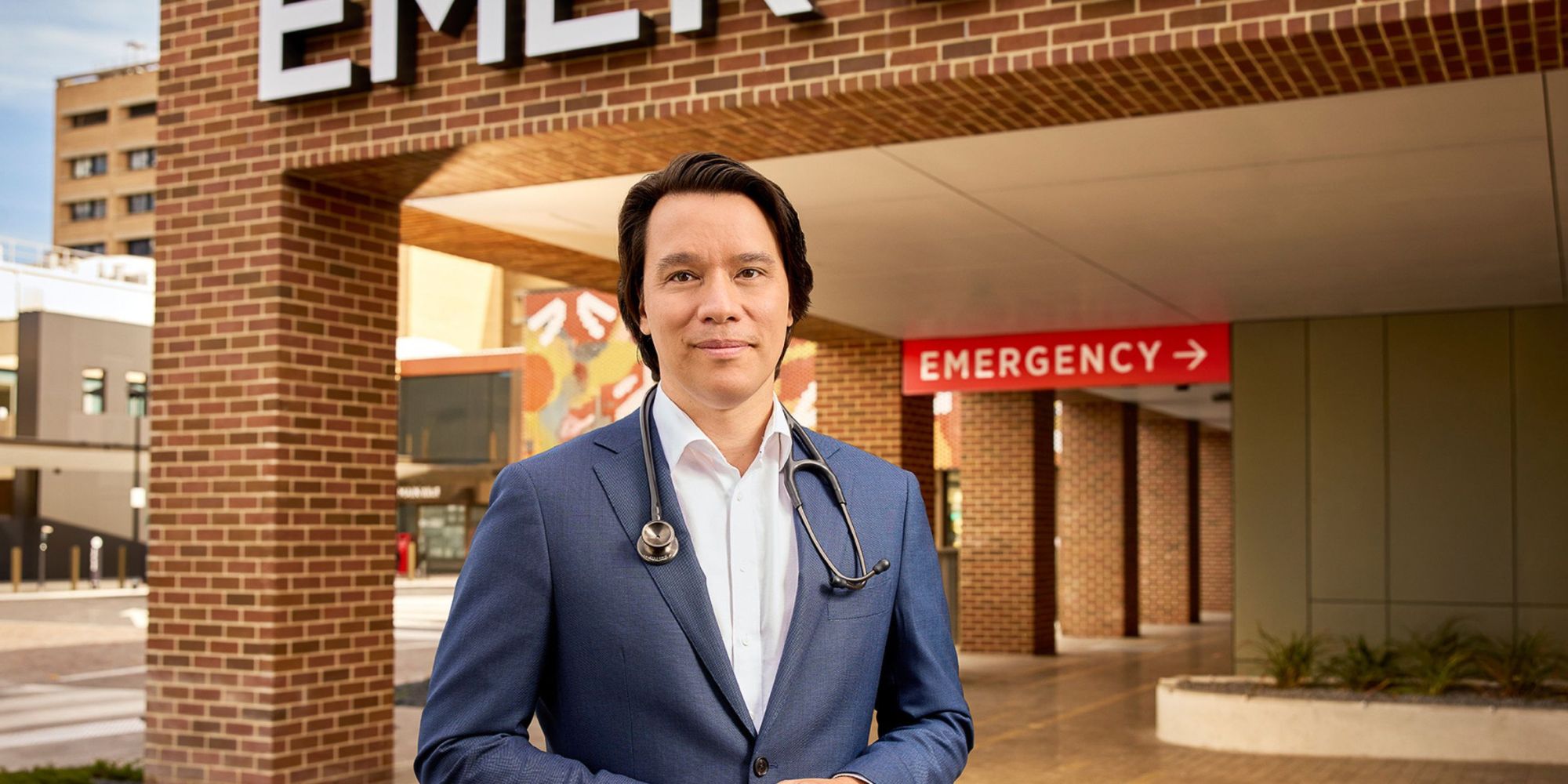
Published on
Simon Jiang: personalising medicine, one patient at a time
Meet Simon Jiang, a nephrologist at Canberra Hospital and the group leader of the Personalised Medicine and Autoimmunity (PMA) Laboratory at the Australian National University (ANU).
Simon is leading the development of an exciting new medicine program—the first of its kind in Australia. The initiative will offer personalised medicine services to Australians nationwide, using research into patients' genetic and immune systems to provide tailored diagnoses and treatments for complex, treatment-resistant autoimmune and autoinflammatory diseases.
His team has made great progress in identifying the genetic causes of autoimmune diseases and is now developing new therapies to address these conditions. At the same time, they’re researching the genetic factors behind chronic diseases in Indigenous Australians, with a focus on improving health outcomes for these communities.
In simple terms, describe what you do.
Autoimmune diseases are chronic, recurring and often difficult to treat. In many circumstances, a clear diagnosis can be difficult. Worse, for patients living with autoimmune diseases, treatment side effects can be as bad as the illness itself.
My laboratory attempts to address these issues by identifying the fundamental mechanisms in each person or family that drives autoimmune and autoinflammatory diseases such as systemic lupus erythematosus, inflammatory bowel disease, chronic kidney disease and rheumatoid arthritis.
By understanding an individual’s unique causes of illness, we attempt to provide personalised diagnosis and treatments, potentially leading to better outcomes for each patient.
My clinical expertise in autoimmune disease allows me to bridge the gap between research and patient care, translating our findings into effective treatments for patients.
What's a typical day in your life look like?
I divide my time between the PMA laboratory at ANU and Canberra Hospital. I see patients in my weekly clinics and travel to the Southeast Regional Hospital every other month to provide care to patients in Bega, NSW, and surrounding areas.
At the lab, I am constantly working with my research team to identify and understand how genetic variants are driving immune-mediated disease. We work together on experiments that unravel and elucidate exactly how these variants drive disease development. I spend a lot of time working with and mentoring honours, master’s and PhD students through the ups and downs of research and careers in science.
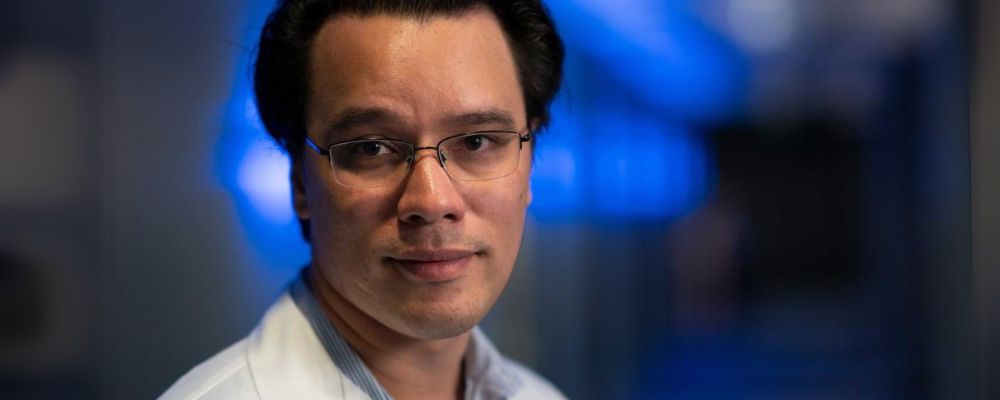
Simon and his team are paving the way for autoimmune research in Australia.
ANU has a strong mandate to contribute to national issues and as a researcher looking to make a difference to Australian lives, we are especially well placed to make positive impacts across Australia.
What's something about your work or field that you find fascinating?
I find almost every aspect of my work enormously fascinating. On the laboratory side, there is a consistent stream of discovery – new insights into immune function and biological processes, finding new gene variants with surprising consequences.
On the clinical side, I’m still amazed and excited how we can translate our laboratory discoveries into effective ways to help people with immune diseases directly.
Who inspires you?
David Jayne from Addenbrooke’s Hospital in Cambridge would be my pick. He is a global leader in understanding how we treat a diverse range of autoimmune diseases.
David has made enormous strides in our understanding of treating autoimmune disease and has been one of the world’s leading experts for as long as I can remember. But most importantly he seems to accomplish these things with grace and humility which makes his achievements even more impressive and inspirational.
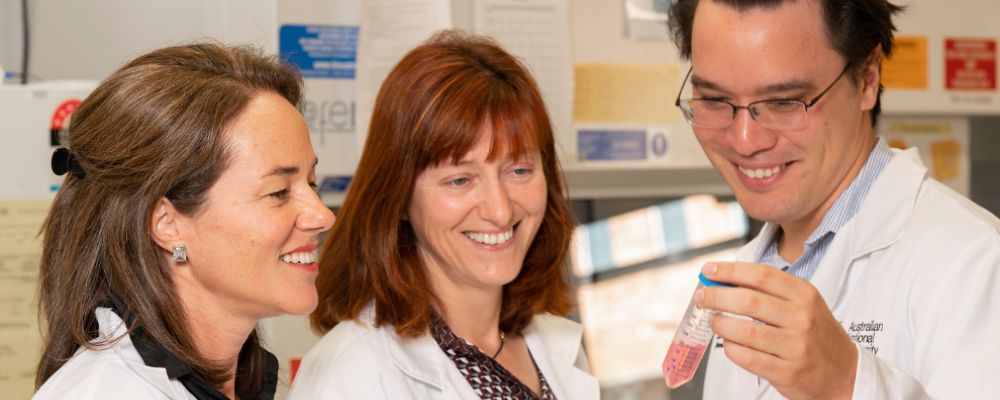
Simon, together with his fellow researchers at ANU, discovered the genetic cause of the autoimmune disease Lupus.
What are some things about you that people might be surprised to learn?
I almost exclusively eat protein bars for lunch. Probably not healthy, but they are my secret weapon for staying fuelled and multi-tasking, even on the busiest of days. I've become quite the connoisseur and am happy to discuss the pros and cons of choc mint versus peanut crunch flavours.
What's one lesson you've learned throughout your career?
I’ve found that balance is important everywhere, and more so the greater the pressures of work. This applies to how you approach problems, deal with adversity, aspire to achieve things and manage yourself and things around you. In many ways it’s best encapsulated by the idea of the Golden Mean which is a surprisingly effective guide for navigating the often-stressful demands of my career.
What do you find more rewarding about being a part of an academic research community at ANU?
It is a tight-knit community with world-class, blue-sky thinking academics.
That closeness means that there is opportunity to work on some very interesting cross-disciplinary projects which tends to lead to positive and surprising outcomes.
What's one thing you always make time for, no matter how busy life gets?
My family. Family is my top priority, no matter how hectic my schedule becomes. I always make time for my family and they keep me grounded and centred effortlessly. Seriously, no one brings me back to reality faster and harder (or with as much relish) as my wife and kids.
What do you think makes ANU unique?
We have access to world-class infrastructure and world-leading minds and I find it a dynamic place to work.
Also, ANU has strong connections with government institutions that allow us to translate scientific advances into policy and action.
What's one piece of advice you'd give to future students who are just about to embark on their university journey?
Be motivated by the things that you’re passionate about and stay focused on what you are working towards. If you love what you do, not only will it give you the best chance of work satisfaction but you will likely excel at it.
Discover the groundbreaking research and innovative discoveries happening at The John Curtin School of Medical Research.

